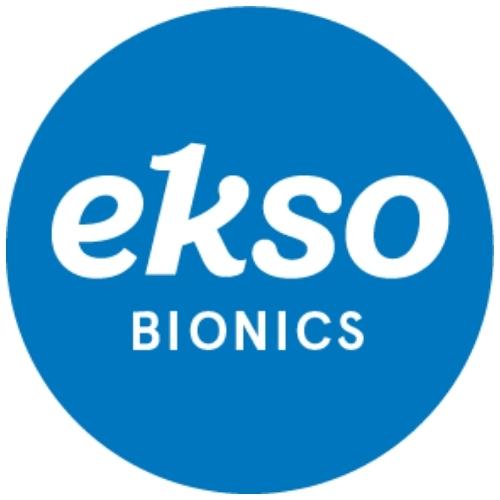Key points from article :
A new exercise therapy using robotic exoskeletons improved cognition and mobility in patients with multiple sclerosis.
They may, in the future, replace wheelchairs and scooters to create an upright mobility device.
Study involved 10 MS patients with significant disability trialing a Ekso GT model.
Participants using robotic exoskeleton-assisted exercise rehabilitation outperformed those relying on traditional gait training.
MRI showed enhanced activity in areas of the brain responsible for walking and cognition, as well as brain connectivity outcomes.
“It only took four weeks for us to see measurable changes," - Brian M. Sandroff, lead investigator.
For now, it is likely to only be specialist rehabilitation centers and physiotherapy practices.
"...creating an entirely new type of mobility system that feels like a natural part of ambulation could potentially be accomplished,” - Ghaith Androwis, co-principal investigator.
Study by Kessler Foundation published in Multiple Sclerosis and Related Disorders.




